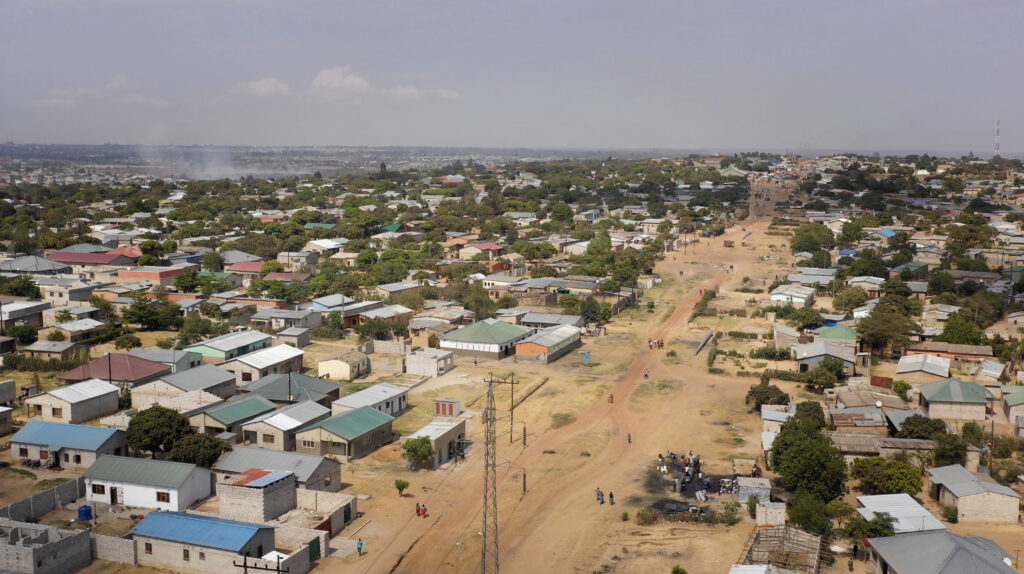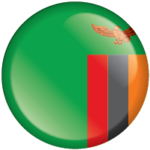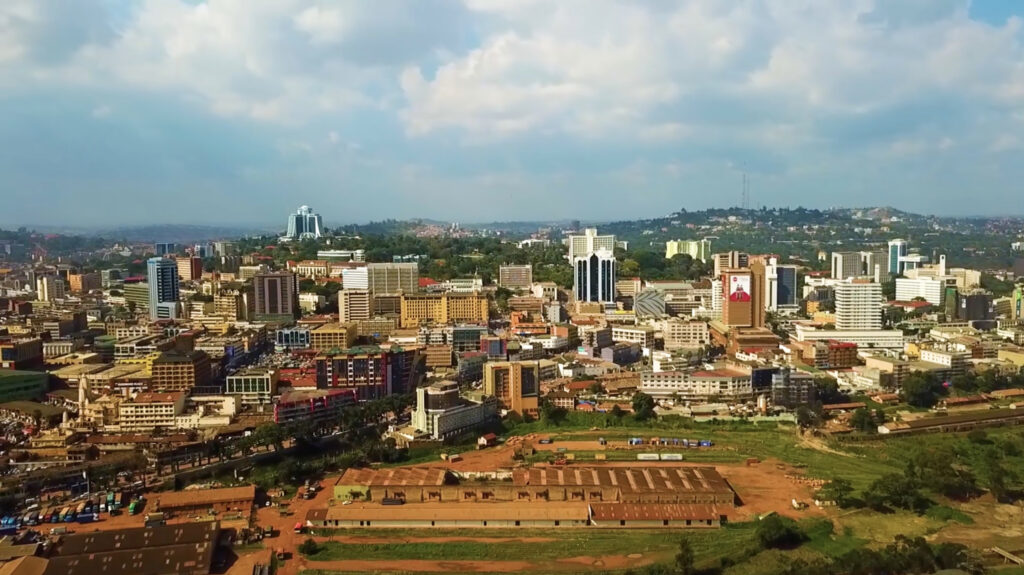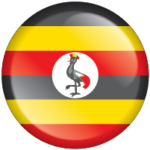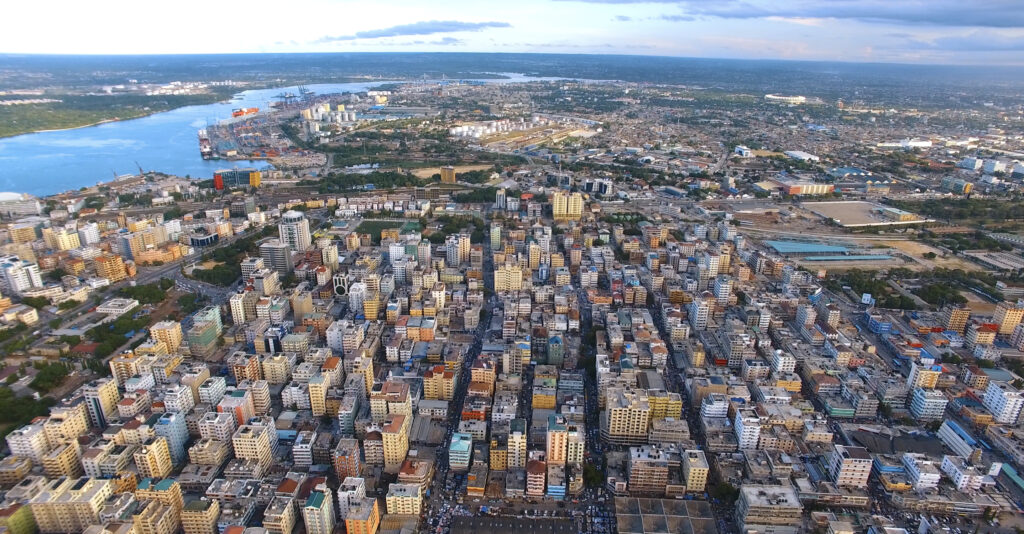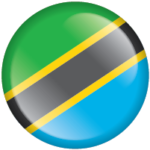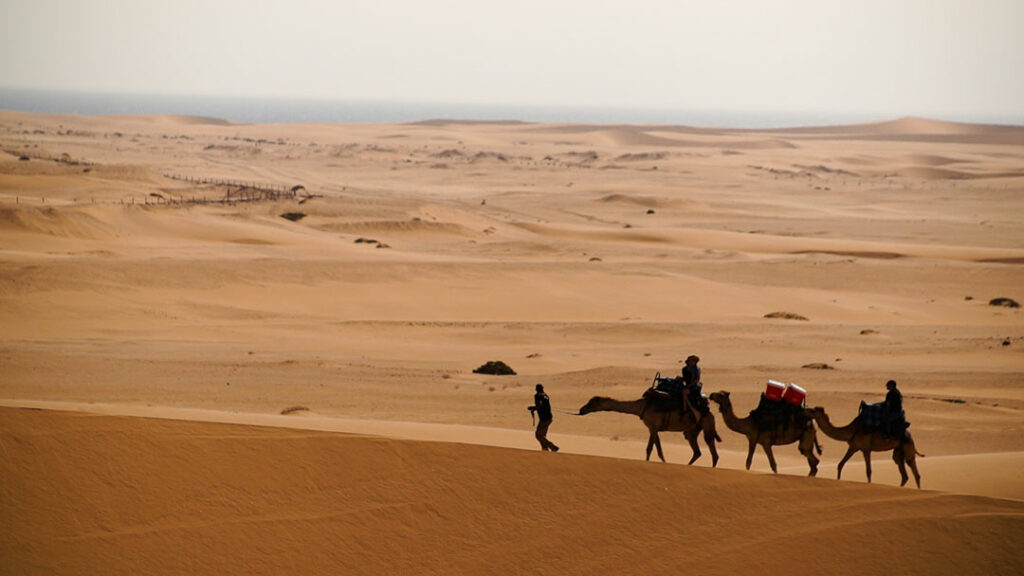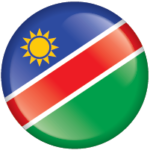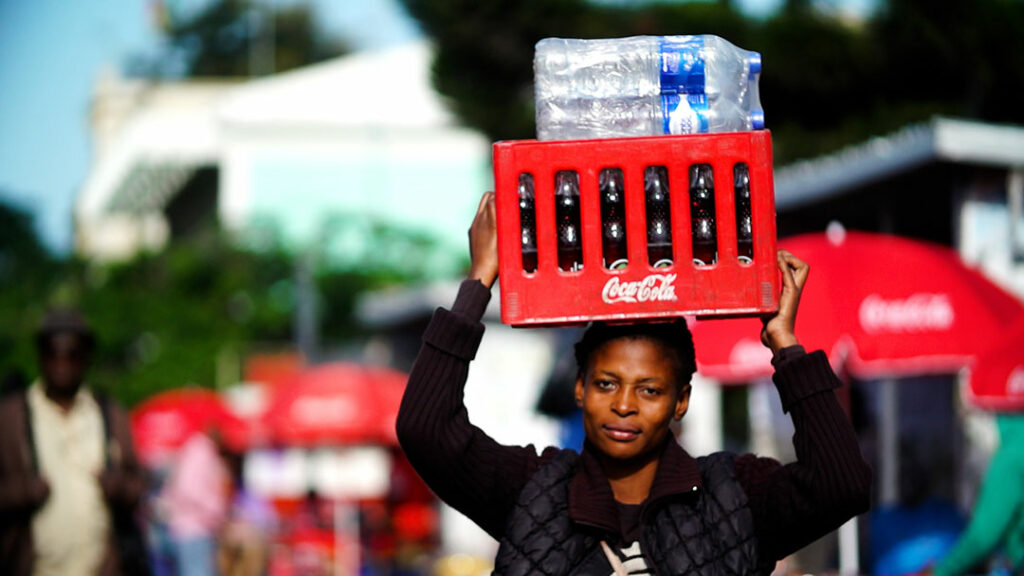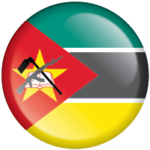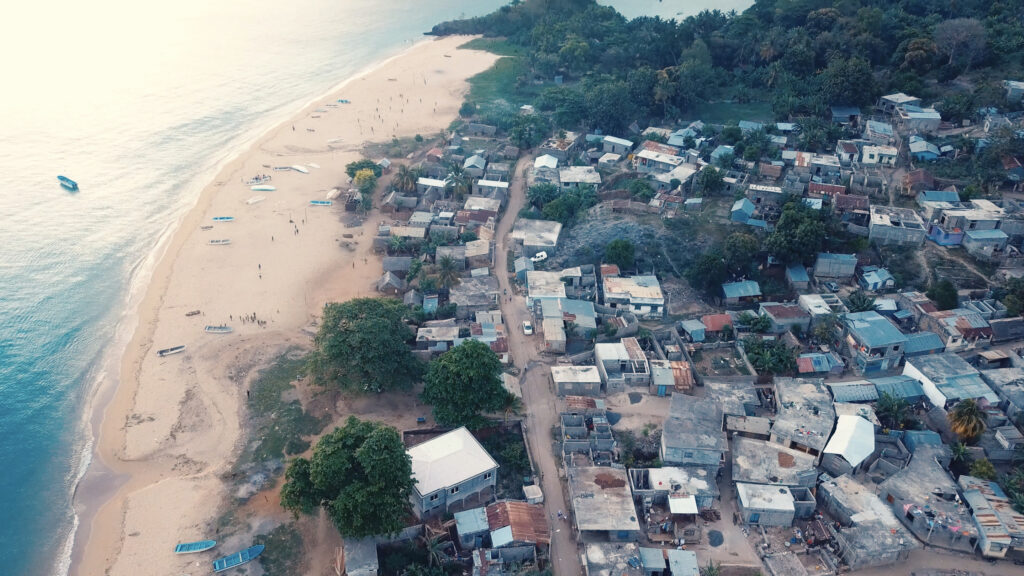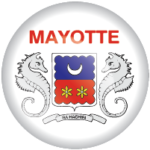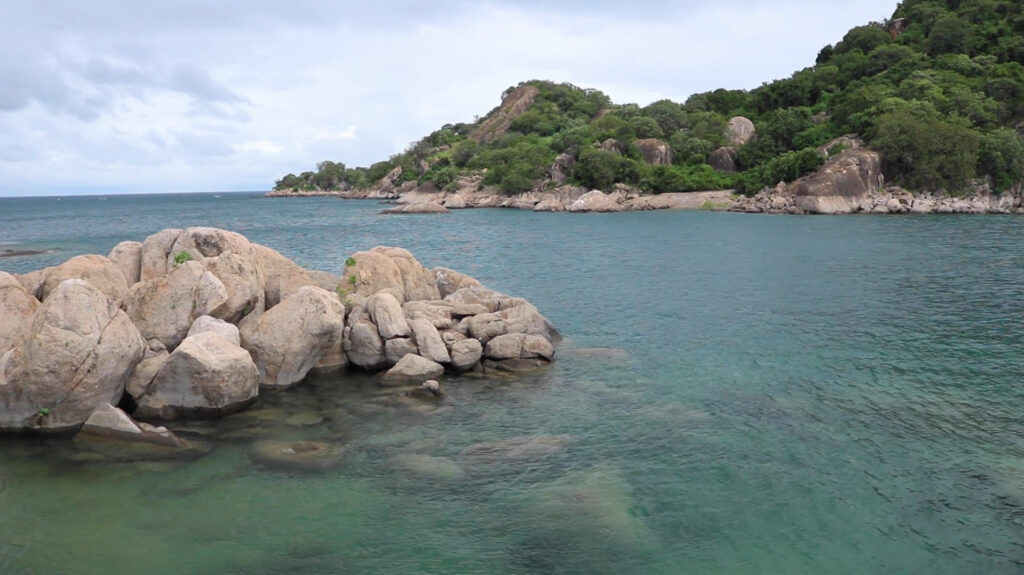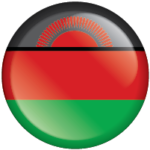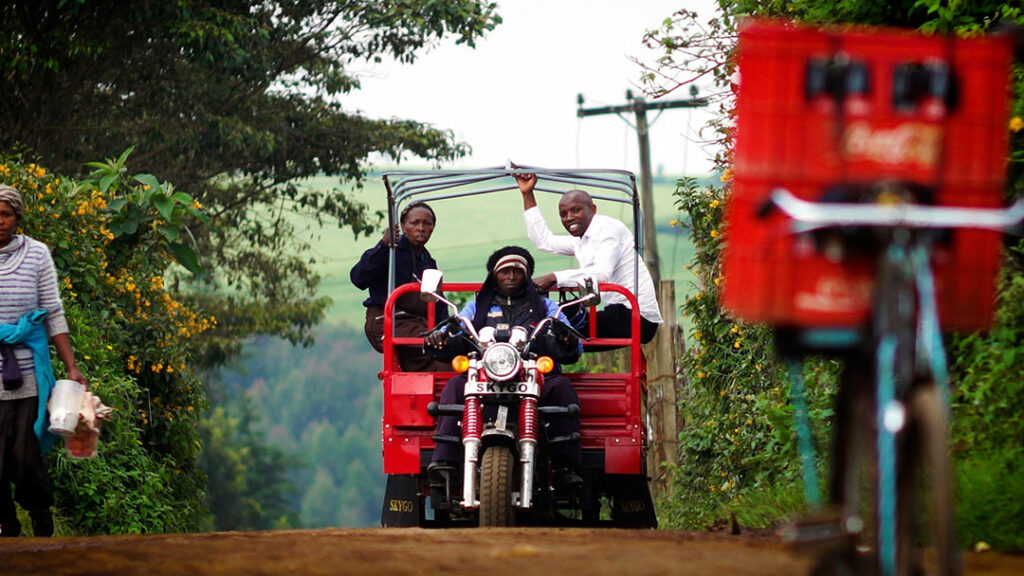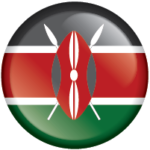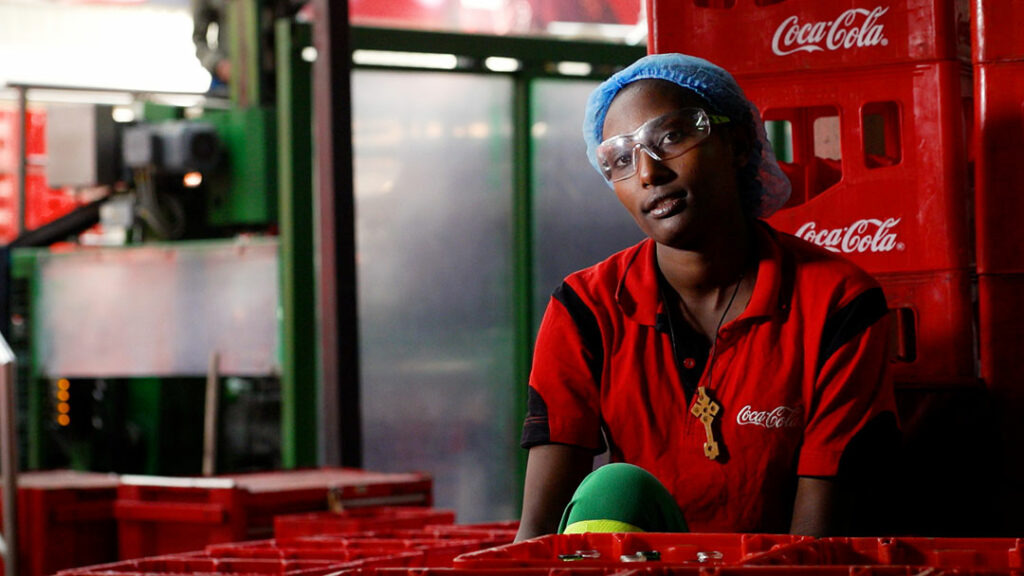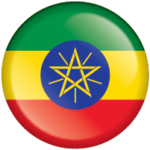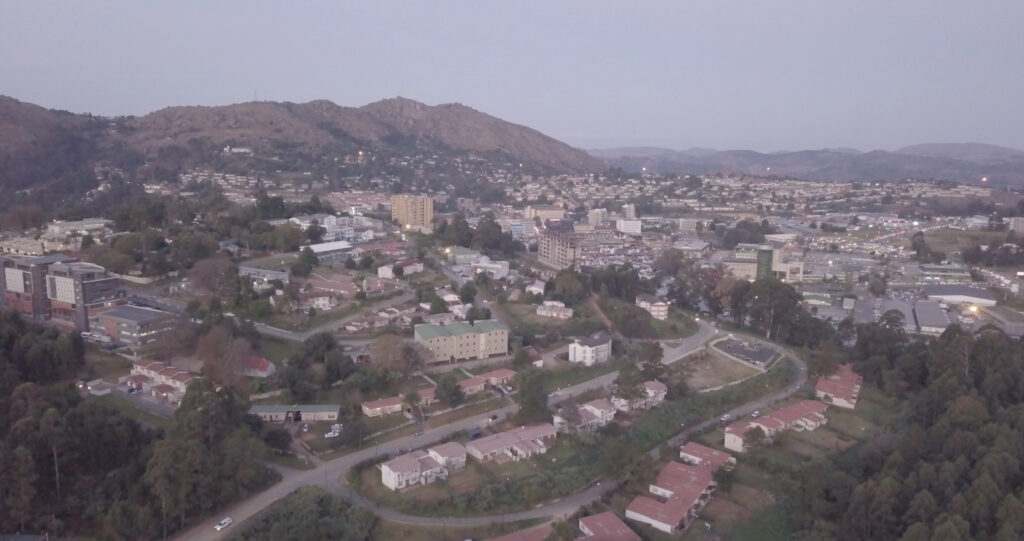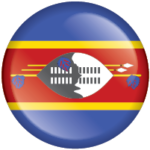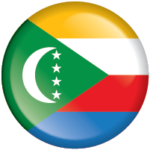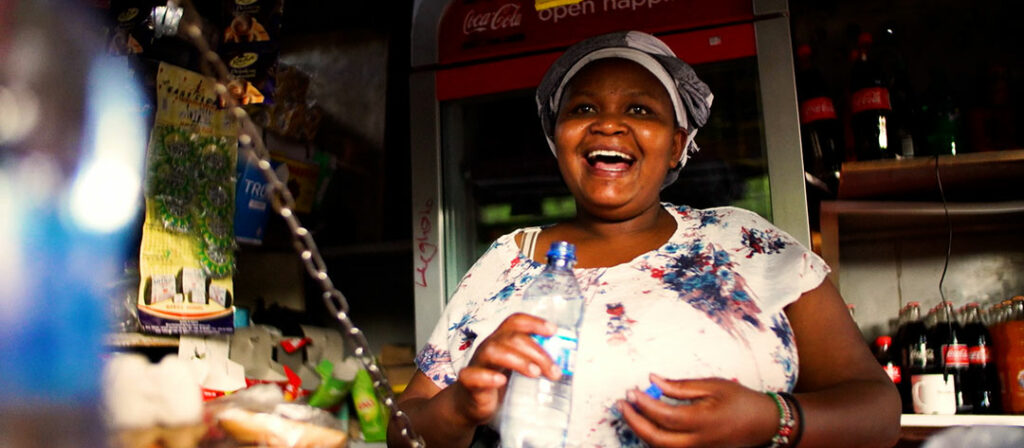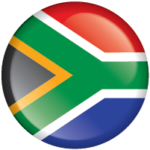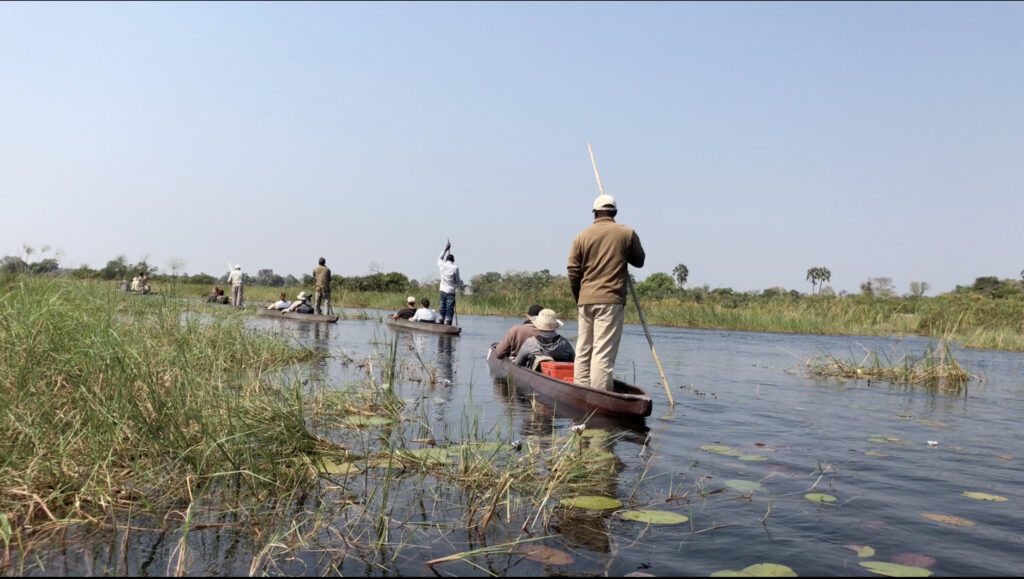By Jacques Vermeulen, CCBA CEO
Africa is a continent of extraordinary prospects, from its wealth of natural resources to the untapped talents of its youthful population, yet it has not lived up to its potential, and too many of its people have been left behind despite the accelerated economic growth of the past decade.
Partly, that’s because many of Africa’s economies rely too heavily on commodity exports, with little beneficiation taking place before these are loaded onto ships for other countries to convert into finished goods.
This means jobs are effectively exported with raw materials. It also makes these economies far more vulnerable to fluctuations in demand for their natural resources – a lesson painfully learnt in recent years.
According to the African Economic Outlook 2017 report, co-authored by the African Development Bank, Organisation for Economic Co-operation and Development and the United Nations Development Programme, Africa should harness less volatile sources of growth to boost human development.
The report calls for a redoubling of efforts to empower Africans with the necessary skills to promote development from the bottom up, driven by domestic innovation and investment.
While the continent enjoys a vibrant entrepreneurial culture, with 80% of Africans viewing entrepreneurship as a good career opportunity, and the highest share of adults starting or running a new business in the world, this is predominantly in low-productivity sectors and survivalist by nature.
Governments can convert this dynamic entrepreneurial culture into a higher productivity, job creating engine of growth by addressing barriers to entrepreneurship such as informality, fragility, and constrained business opportunities for the youth and women especially – in line with the African Union’s Vision 2063.
As the maker of some of the world’s most iconic FMCG products, Coca-Cola Beverages Africa (CCBA) has a real interest in servicing one of the biggest potential markets in the world, but the market must be able to support the product.
The only way for us to help achieve that is to support the economies of the countries where we trade.
As a large business and employer, we make a direct positive contribution by investing, as we have in new bottling plants and increased capacity in South Africa, Mozambique, Kenya, Ethiopia and Uganda; by sourcing our ingredients locally, and by employing locally.
But perhaps the most effective way of stimulating the economy and breaking the bonds of poverty is through our development of entrepreneurs.
CCBA, using local suppliers and entrepreneurs, supports many more livelihoods than just those of our employees, from the local distribution partners who deliver our products in their own vehicles, to retailers who get fridges from us which they use to showcase and supply our products.
The knock-on effect is dramatic. As an example, across our business, we employ more than 16 000 people across 37 bottling plants, but millions more benefit throughout the value chain as we service approximately 600 000 outlets in our markets.
Developing entrepreneurs, giving them hard financial skills and a ready supply of product to sell, helps create an anchor for their retail operations. We do this, in line with the recommendations contained in the African Economic Outlook report, by focusing specifically on women and the youth.
As part of the Coca-Cola system, we have been empowering women from communities across our markets through the 5by20 programme. This initiative aims to help five million women entrepreneurs within the Coca-Cola value chain overcome barriers as they grow or establish businesses by 2020.
5by20 programmes offer women business owners and managers access to business opportunities, educational courses, financial products and mentors. Since 2010, 159 848 women have been enabled in this way across CCBA as our contribution to the global goal.
As of June 2019, we have exceeded our 5by20 targets, with Tanzania (44 821), Kenya (31 403), Uganda (29 017), Mozambique (18 417), Ethiopia (12 832), and South Africa (13 328) leading the way.
It’s about shared opportunity: we meet the needs of our consumers, we develop our retailers and distributors, local suppliers benefit, jobs are created in communities where there weren’t any before and our shareholders benefit from the increased viability of our operations and the security of their investments.
The corporate sector has to find areas, with government, to create industry. This will grow employment, and companies and their employees will pay taxes, which can fund social investments such as education, healthcare and housing. In turn, these investments in human capital will boost productivity and the growth potential of African economies.
Governments must always put the interests of their people first, yet it is increasingly clear that it is not only possible, but necessary, to do so by working in partnership with the private sector.
Together, we can break the spiral of poverty in Africa.
Jacques Vermeulen is CEO of Coca-Cola Beverages Africa
